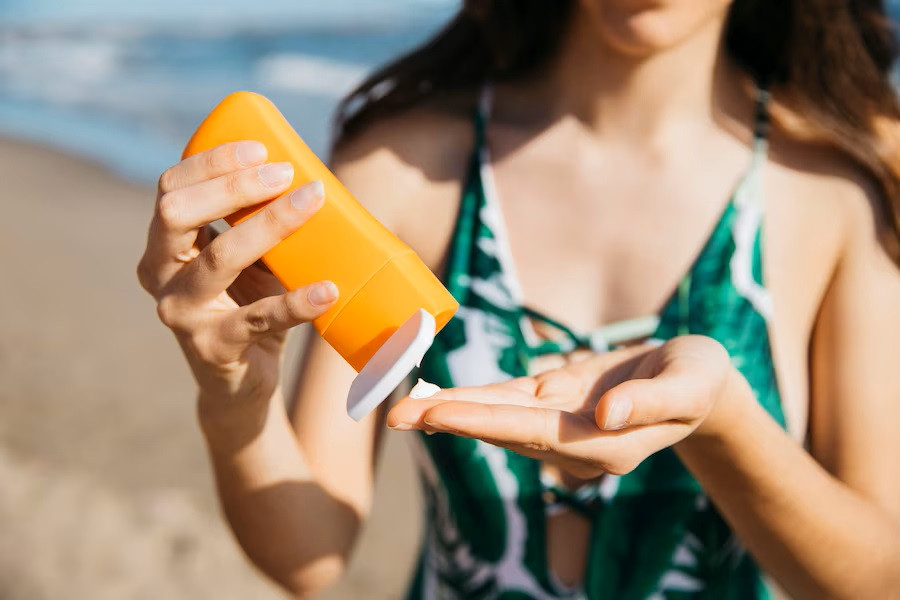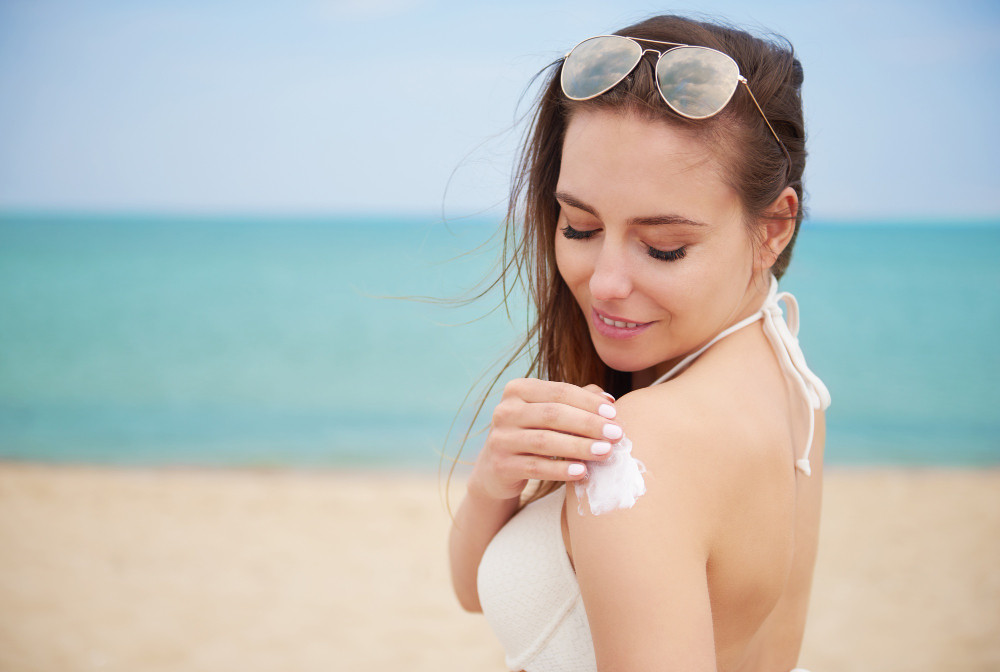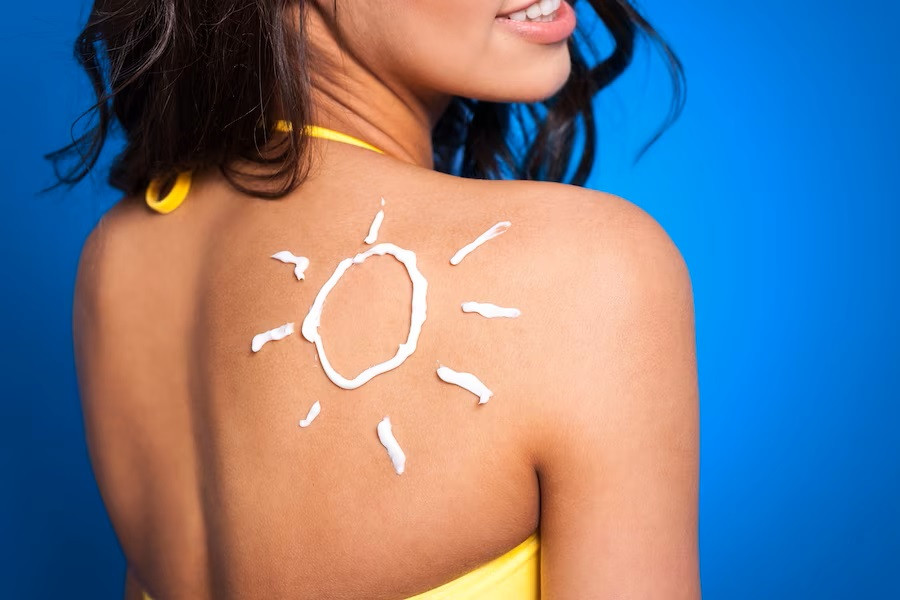Sunscreen, often known as sunblock, is a crucial beauty product that should be applied daily to shield the skin from the harmful effects of ultraviolet (UV) rays. Regrettably, some misleading myths persist in society regarding the use of sunscreen, particularly concerning the potential cancer risk associated with its use. What are the actual facts? Please review the following:
Myths and facts about sunscreen
Myth 1: There is no evidence to support the claim that sunlight can cause cancer
It is a common misconception that there is a connection between sunlight and skin cancer; however, there is no substantial evidence to support the idea that exposure to ultraviolet radiation might play a role in the development of skin cancer. A lot of experts, however, disagree with this idea. Numerous studies have demonstrated that those who are often exposed to sunlight have a higher risk of developing skin cancer.
Sunlight's ultraviolet radiation has the potential to cause DNA damage in skin cells, which can then lead to gene mutations. This mutation is what causes cancer of the skin to develop. Not only does sun exposure increase the risk of developing skin cancer, but it also has the potential to damage other skin cells, making it more difficult for skin cells to repair themselves.
On the basis of this fact, experts recommend applying sunscreen regularly in order to minimize the adverse effects of continuous exposure to UV light on the skin, which can lead to the development of skin cancer.
Myth 2: The application of sunscreen increases the risk of developing skin cancer
There is a common misconception that sunscreen raises the risk of skin cancer, but medical professionals disagree.
Sunscreen, in addition to adequate body protection while sunbathing (e.g., wearing a helmet and long clothes, and seeking out a shady spot), may lower the severity of sunburns and the damage that UV rays can do to the skin, reducing the risk of skin cancer.
Applying sunscreen can decrease the number of precancerous skin lesions, according to other research as well. Protect yourself from the sun's potentially damaging ultraviolet (UV) rays by applying sunscreen. As a result, experts recommend applying sunscreen daily, particularly when engaging in outdoor activities.
Myth 3: Dark-skinned people don't require sunscreen
A common misconception is that dark-skinned people don't require sunscreen as they get sunburns less frequently than lighter-skinned people. The Mayo Clinic notes, however, that sunscreen is necessary for both fair-skinned and dark-skinned people.
Myth 4: Chemical sunscreens aren't as effective as mineral ones
Sunscreens made of mineral or chemical ingredients are equally safe for use on all skin types. To find the best sunscreen for your skin type, consider the benefits and disadvantages of each. Mineral sunscreen is ideal for kids and those with sensitive skin since it doesn't include any chemicals that can cause reddening, swelling, or acne.
Myth 5: Make-up products with an SPF of at least 30 is enough protection for every day
Nowadays, you may see sun protection factor (SPF) labels on a wide variety of cosmetics. A lot of people forget to apply sunscreen to their neck, hands, and other exposed body areas, even when the SPF content of cosmetics is high enough to offer everyday protection. Therefore, experts advise consistently applying sunscreen to sun-exposed areas.
Sunscreen is a skincare product that serves to shield the skin from the dangers of ultraviolet (UV) radiation, including sunburn, wrinkles, and the potential for skin cancer. Experts advise using sunscreen on a daily basis that is appropriate for your particular skin condition.
If you have inquiries regarding sunscreen and skin, you can either visit a doctor or make use of the consultation features that are available in the Ai Care application by downloading the Ai Care application from the App Store or Play Store.
Looking for more tips and tricks for health, first aid, and home remedies? Click here!
- dr. Alvidiani Agustina Damanik
Cassata, C. (2024). Health Experts Debunk 4 Anti-Sunscreen Myths Spreading on TikTok. Available from: https://www.healthline.com/health-news/anti-sunscreen-myths-debunked
National Academies. Available from: https://www.nationalacademies.org/based-on-science/sunscreen-does-not-cause-skin-cancer
Walsh, A. (2024). Mineral vs. Chemical Sunscreen: Which Is Better for Your Skin?. Available from: https://www.goodrx.com/health-topic/dermatology/mineral-vs-chemical-sunscreen
Mayo Clinic Health System. Top 10 myths about sunscreens. Available from: https://www.mayoclinichealthsystem.org/hometown-health/speaking-of-health/myth-or-fact-coconut-is-an-effective-sunscreen











